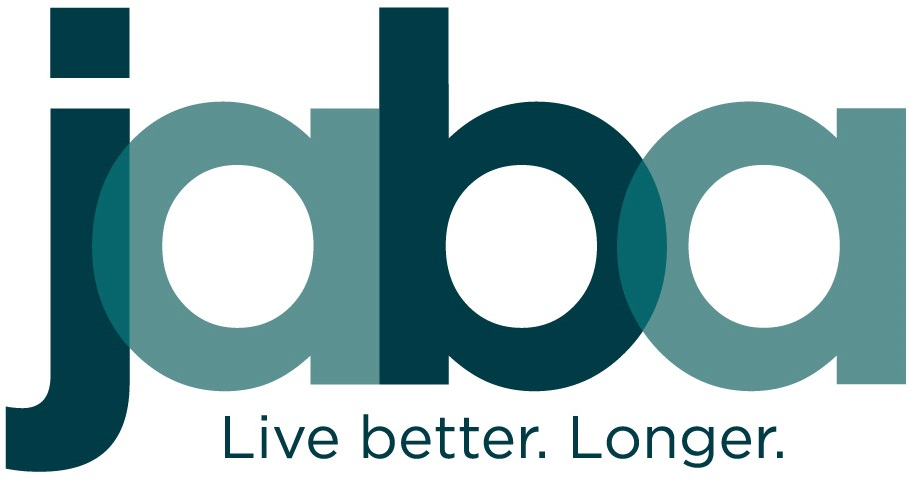JABA CEO Marta Keane
As I look around, we are all going a bit stir crazy right now. Weeks of lockdown have given hospitals, healthcare providers and public health officials the time to flatten the curve to be better able to cope with the pandemic. The Governor’s next phases will continue to reopen our local economy and allow for more freedom of movement. Who isn’t looking forward to safely spending more time out of the house and in the company of others?
It is important to recognize that many of our elders have good reasons to be fearful about leaving their homes. Older adults are at high risk of life-threatening complications due to COVID-19 and the threat is very real. As of my writing this letter to you today, 95% of all coronavirus-related deaths in Central Virginia were individuals age 60+. The most vulnerable group of all – those age 80 and older – currently account for 74% of all COVID-19 deaths in our region.
Many of our older neighbors are struggling to get through the day during this pandemic as they face issues with income, hunger, housing and isolation – a serious risk for older adults, with physical and mental health consequences. As much as they crave conversation and real connection, they know that venturing out into the community could be life-threatening.
JABA’s staff is working hard to mitigate the effects of loneliness and isolation, especially for those of advanced age who are often members of our Community Senior Centers. In the heartfelt words of Danny, one of our Center managers:
Every time I am on the conference calls with our members, it warms my heart hearing their voices and interactions with each other. They have really become a family and have let me in. The way they speak with each other is completely pure and free of any judgment and is an inspiration to me. We had a little heart-to-heart on our latest call and talked about the fears and uncertainty we are facing right now and the things that we are grateful for. I love these people!
JABA is working hard to reach out to vulnerable, isolated elders in our community in many different ways. Can you make a gift – right now – to join in this work?
During the COVID-19 crisis, JABA has increased outreach through social and traditional media to make it clear to the community that we are still providing vital services, such as home delivered meals, information/referrals, counseling services and check-in calls. We are also working hard to obtain sufficient personal protective equipment (PPE) to keep our members, volunteers and staff safe as we look toward re-opening our Community Senior Centers. Staff members are thinking creatively about how group activities can be arranged so that members feel connected while maintaining physical distancing.
Every JABA program is currently being redesigned to safely provide services that maintain the health, dignity and independence of the seniors we – and you – value so much. Won’t you help us assist vulnerable older adults during this difficult time?
I urge you to make a donation today. It has never been easier to do. Go to JABA's website to donate securely online. Your generous gift will help our elders maintain their very human need for deep connections during this time of being isolated.
Please accept our warmest thanks for whatever you can do. We wish you good health.
With gratitude,
Marta M. Keane
Chief Executive Officer




